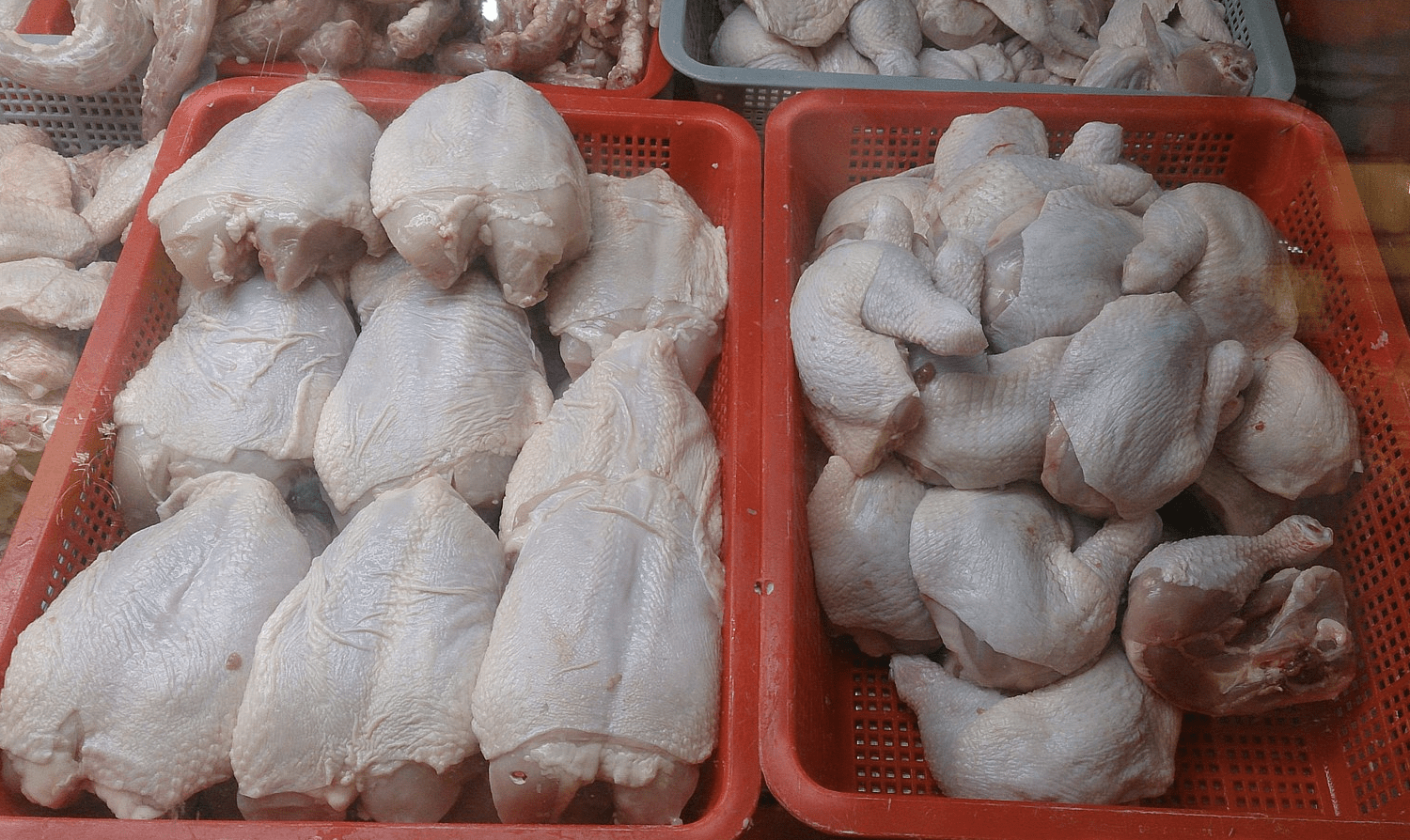FOOD SAFETY NEWS – As of today, the USDA considers Salmonella an adulterant in raw, breaded, stuffed chicken products, making it illegal to sell them if they are contaminated with the pathogen.
The decision has been almost two years in the making. In August 2022 the deputy undersecretary for food safety for the USDA’s Food Safety and Inspection Service (FSIS) said the move would be a first step in cleaning up America’s chicken.
“It is an important step because for the first time we have declared Salmonella to be an adulterant,” FSIS deputy undersecretary Sandra Eskin told Food Safety News in 2022. “But we are not stopping there. We are developing a comprehensive strategy.”
That strategy will eventually look at all chicken in the United States that is under the jurisdiction of FSIS. The proposed control for raw breaded and stuffed chicken is expected to lead to Salmonella controls for most chicken products as they enter the domain of slaughterhouses. The USDA does not have jurisdiction over the production of poultry before that point.
“This final determination is part of FSIS’ broader efforts to reduce Salmonella illnesses associated with the raw poultry supply in the United States. FSIS intends to address Salmonella contamination in other raw poultry products later this year,” according to an announcement from the FSIS.
The FSIS started its Salmonella efforts with raw, breaded, stuffed chicken products because such products are often browned and give the appearance of having been cooked. Consequently, consumers have been confused about minimum cook times and temperatures. Inadequate cooking leaves the Salmonella live and able to cause serious illnesses.
The FSIS and its public health partners have investigated 14 Salmonella outbreaks and approximately 200 illnesses associated with these products since 1998. The most recent outbreak was in 2021 and resulted in illnesses across 11 states. These products account for less than 0.15 percent of the total domestic chicken supply, but outbreaks linked to these products represented approximately 5 percent of all chicken-associated outbreaks in the U.S. during 1998-2020.
“This final determination marks the first time that Salmonella is being declared an adulterant in a class of raw poultry products. This policy change is important because it will allow us to stop the sale of these products when we find levels of Salmonella contamination that could make people sick,” said Agriculture Secretary Tom Vilsack in the announcement about the new regulation.
The announcement did not include any information on penalties for businesses failing to meet the Salmonella declaration.
There have been public calls for the USDA to take action against Salmonella in chicken and chicken products for several years.
Seattle food safety attorney Bill Marler and a group of individuals and consumer advocates have been requesting since 2020 that the FSIS declare 31 serotypes of Salmonella on chicken to be adulterants, thus making it illegal to sell chicken contaminated with them.
The groups signing the petition were Rick Schiller, Steven Romes, the Porter Family, Food & Water Watch, the Consumer Federation of America, and Consumer Reports.
Marler says declaring Salmonella an adulterant for some chicken products is a good first step, but there is a long way to go.
“If the FSIS believes industry can reduce Salmonella in these products (raw, breaded stuffed chicken) then they can do it for other products,” Marler said. “I hope industry doesn’t sue and realizes that protecting the public will protect business.”
Industry concerns have been considered by the government. In 2022 Eskin said “We can’t go faster because we must be deliberative and collaborate with everyone from consumers to industry.”
The verification process for the new regulation will involve verification procedures, including sampling and testing of the raw incoming chicken component of the products prior to stuffing and breading.
If the chicken component in these products does not meet the standard, the product lot represented by the sampled component would not be permitted to be used to produce the final raw breaded stuffed chicken products. The determination, including FSIS’ sampling and verification testing, will be effective 12 months after its publication in the Federal Register.
“In determining that Salmonella is an adulterant in raw breaded stuffed chicken products, FSIS considered the best available science and data using similar criteria as in its 1994, 1999, and 2011 E. coli policymaking,” according to the announcement from the USDA.
“When FSIS declared seven Shiga toxin-producing Escherichia coli (STEC) strains to be adulterants in select raw beef products, it relied on several factors, including the available information on serotypes linked to human illnesses, infectious dose, severity of illnesses and typical consumer preparation practices associated with a product. The breaded stuffed chicken products determination relied on the same factors.”
To view the final determination, visit the FSIS Federal Register Rules webpage.
(To sign up for a free subscription to Food Safety News,click here)



